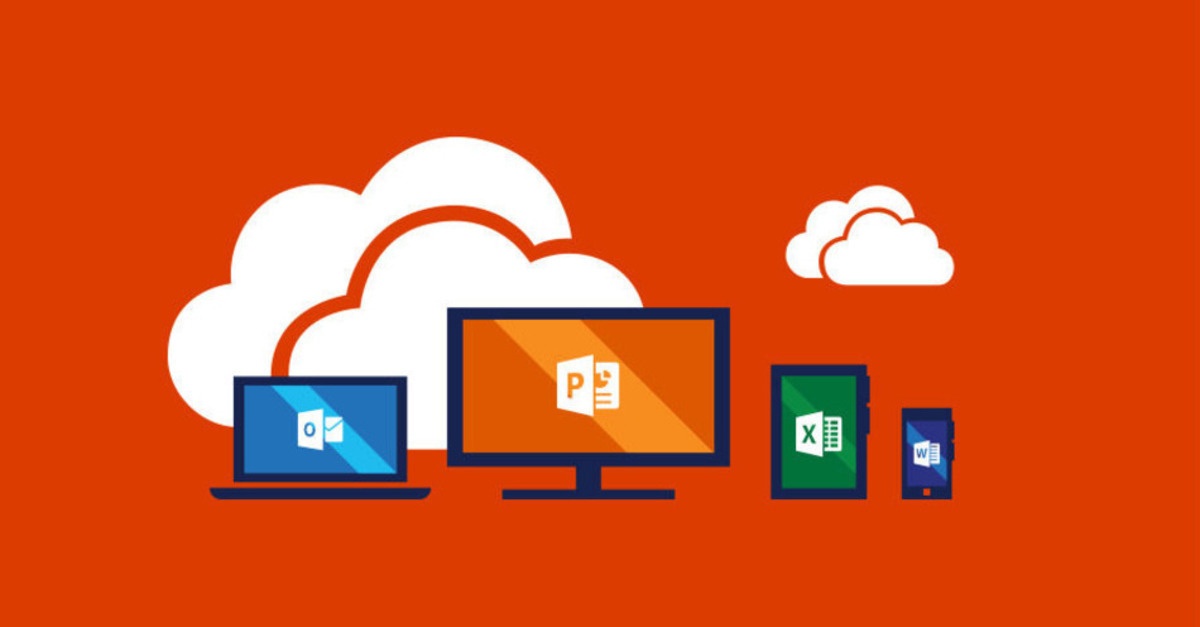 Office 365 also offers option plans designed for non-profit organizations and government entities.
Office 365 also offers option plans designed for non-profit organizations and government entities.
Non-profit organizations. If your staff is spread across several locations, and you have a limited budget for IT support like installations and upgrades, your non-profit organization might be ready to migrate to the cloud. If your non-profit organization handles sensitive information, it is perfectly understandable how some concerns regarding the chance of going completely online might arise. However, Microsoft Office 365 for non-profits is able to offer a completely secure environment of installed software with the collaborative availability of the cloud. In addition, eligible nonprofits and charities can receive donated and newly discounted versions of Office 365 tailored especially toward nonprofits. Since each non-profit organization has its own technology needs, Microsoft offers four plans to choose from. The two free donated plans are:
· Office 365 Small Business for Nonprofits. It does not include: Office applications; Site mailboxes; Mobile apps; Yammer Enterprise; Activity Directory integration; Advanced email; eDiscovery Center; Voicemail; Business Intelligence.
· Office 365 Enterprise E1 for Nonprofits. It does not include: InfoPath, Yammer enterprise; Active Directory integration; Advanced email; eDiscovery Center; Voicemail; Business Intelligence.
Both plans do not include the full installed version of Office. However, in order to integrate these free Office 365 plans, the non-profit organization can request the latest version of Office through TechSoup, which is also a non-profit organization whose focus is connecting other nonprofit, charity, and public libraries with tech products and services. This way, non-profit organizations and libraries can access donated and discounted products and services from partners like Microsoft, Adobe, Cisco, Intuit, and Symantec.
Eligible organizations can also upgrade to the discounted paid plans, which offer the desktop Office apps. With these plans, your staff can use Office apps on up to five devices per user. The discounted plans are:
· Office 365 Small Business Premium for Nonprofits. It does include: Office applications;
Mobile apps; Advanced email; eDiscovery Center; Voicemail; Business Intelligence.
· Office 365 Enterprise E3 for Nonprofits. It includes all the Office 365 features.
The Small Business plan is designed for smaller nonprofits with 1-10 users and with no on-site IT staff. However, the Small Business Premium can actually support up to 25 users. On the other hand, the Enterprise version is designed for organizations of all sizes that are running a server-client network, like Windows Server.
Nonprofit and non-governmental organizations must be recognized as charitable organizations in their respective countries in order to be eligible for Microsoft Nonprofit Programs. Eligible organizations will operate on a not-for-profit basis and have a mission to benefit the local community that could include, but is not limited to:
 · Providing relief to the poor
· Providing relief to the poor
· Advancing education
· Improving social welfare
· Preserving culture
· Preserving or restoring the environment
· Promoting human rights
· Establishment of civil society
Government Entities. From the largest Cabinet-level department to the smallest agency, federal entities are now required to adopt cloud services in order to improve government efficiency. Backed by powerful security features and performance reliability, Office 365 combines Microsoft’s familiar productivity, collaboration, and communication tools to support workers virtually wherever they are, on almost any device, using the tools they already know. Formerly known as Business Productivity Online Suite (BPOS), Office 365 is the next wave of online services that provides the power of the cloud for the federal agencies of all sizes. It introduces new online services and capabilities, while existing BPOS customers will be able to transition to Office 365 at their own pace to experience the new features and benefits of these services.
Either way, Microsoft will work with your agency to determine the best schedule for moving to Office 365 and how to make the transition as smooth as possible. Office 365 runs on a global network of datacenters, well protected by multiple layers of security and a strict privacy policy. Microsoft security practices take a risk-based, multi-dimensional approach to help safeguard data and services, defining security requirements and implementing the corresponding controls. To help protect the reliability of your cloud services, Microsoft automatically stores data in geographically remote data centers. In addition, our service level agreement includes a financially-backed 99.9 percent uptime guarantee.
Microsoft requires from government organizations to sign a contract that attests that you are an eligible customer. It must be specified that a government organization is typically (a) any government agency, department office, division, unit, or other entity of state or local government or (b) any county, borough, commonwealth, city, municipality, town, township, special purpose district, or similar type of government instrumentality established by laws of customer’s state and located within customer’s state jurisdiction and geographic boundaries or (c) any other entity in customer’s state expressly authorized by the laws of customer’s state to purchase under state contracts.
 Office 365 for government organizations offers four types of option plans:
Office 365 for government organizations offers four types of option plans:
Exchange Online (Plan 1). It does not include: Advanced email; Web conferencing, Simple file sharing; Intranet sites for your teams; Public website; Mobile apps; Office applications, Advanced voice; eDiscovery Center.
Exchange Online (Plan 2). It does not include: Web conferencing, Simple file sharing; Intranet sites for your teams; Public website; Mobile apps; Office applications, Advanced voice; eDiscovery Center.
Office 365 (Plan E1) for Government. It does not include: Advanced email; Mobile apps; Office applications; Advanced voice; eDiscovery Center.
Office 365 (Plan E3) for Government. It includes all the Office 365 features.
The plans, that do not include the desktop version of Office, work with the latest versions of Office, Office 2010, Office 2007, Office 2011 for Mac, and Office 2008 for Mac.
I could not have written this article without the help of the following sources:
- www.techsoup.org/support/articles-and-how-tos/are-you-ready-for-microsoft-office-365-for-nonprofits
- http://office.microsoft.com/en-us/non-profit/compare-office-365-for-nonprofits-plans-FX104081605.aspx
- www.emazzanti.net/bettertogether/www.transforming-it.com/eMazzantiTechnologies/ShowCollateral.aspx-oid=86712&ssid=369&pagename=Microsoft-Office-365-for-Federal-Government-Datasheet.aspx_&sf=1.pdf
- http://office.microsoft.com/en-us/government/compare-office-365-government-plans-FX103046199.aspx

